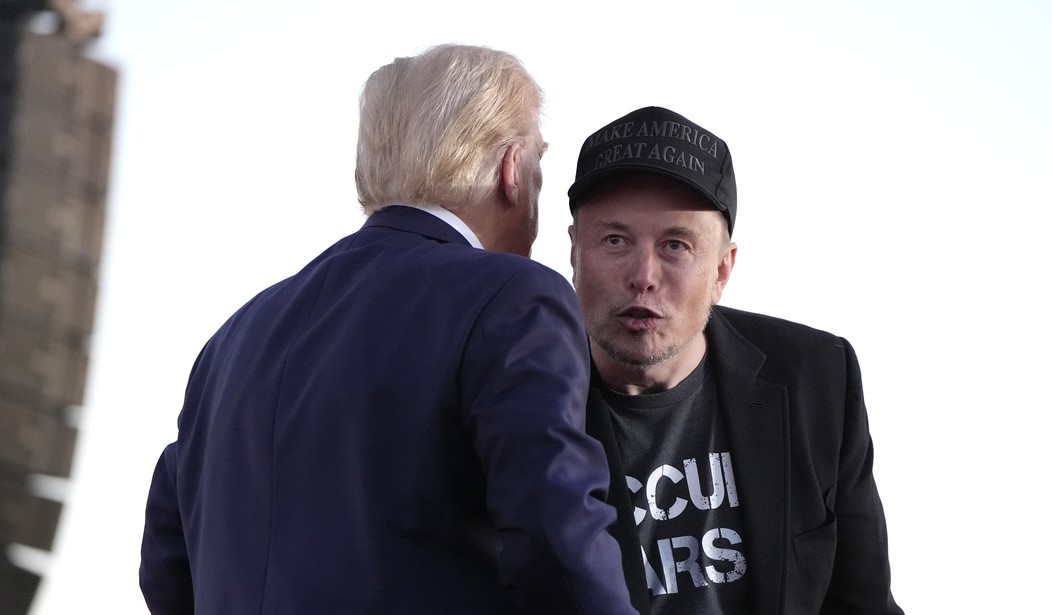Reuters reported today that the incoming Trump administration is discussing a rollback of EV tax credits. Both Tesla and Elon Musk are said to be on board with the plan.
President-elect Donald Trump's transition team is planning to kill the $7,500 consumer tax credit for electric-vehicle purchases as part of broader tax-reform legislation, two sources with direct knowledge of the matter told Reuters.
Ending the tax credit could have grave implications for an already stalling U.S. EV transition. And yet representatives of Tesla - by far the nation's largest EV seller - have told a Trump-transition committee they support ending the subsidy, said the two sources, who spoke on condition of anonymity...
Trump needs the cost savings from killing the credit to help pay for the extension of his trillions of dollars in tax cuts that are set to expire early in his term, the two sources said. Congressional Republicans are set to take up the broader tax measure as one of their first actions.
Musk hasn't said anything directly about the discussions but earlier this summer he predicted that cutting the subsidies would devastate his competitors.
"I think it would be devastating for our competitors and for Tesla slightly," Musk said in a July earnings call, predicting the impact of the tax credits ending. "But long term probably actually helps Tesla, would be my guess."
Tesla currently has about half of the US EV market but, unlike nearly all of their competitors, they are making money on every sale. In fact, their profit margins are the highest in the industry even as their cars are priced below the average in the industry.
...many of Tesla's vehicles are also priced well below many competitors. The Model 3 starts at $42,490 (after a cheaper option disappeared earlier this year). That's well below the average EV price in the US, which held steady at nearly $57,000 in October, according to Kelley Blue Book data.
The average price of a new car in the US is around $47,000, including gas cars, so Tesla's sedan is a competitive and frankly it's a bargain if you compare it to cars with similar performance.
For Tesla, losing the tax credits might slow sales but for their competitors it means never gaining enough production volume to get to the point of profitability. They will also sell fewer cars and they'll continue to sell them at a loss. Medium term that means Tesla likely takes back more market share as some of these other companies struggle and drop out. Here's how one analyst put it.
"EV tax credits getting pulled" would be "a negative for the industry" but "bullish for Tesla," Wedbush Securities analyst Dan Ives writes. "Tesla has the scale and scope that is unmatched in the EV industry and this dynamic could give Musk and Tesla a clear competitive advantage."
Tax credits have understandably soured a lot of people on EVs. Americans just don't like being told what to buy and they also don't like going into debt (collectively) to support the purchase. Bottom line: EV adoption only works if people decide the product is good without a nudge from government. In Tesla's case it is a good product so they should be fine without it.








Join the conversation as a VIP Member